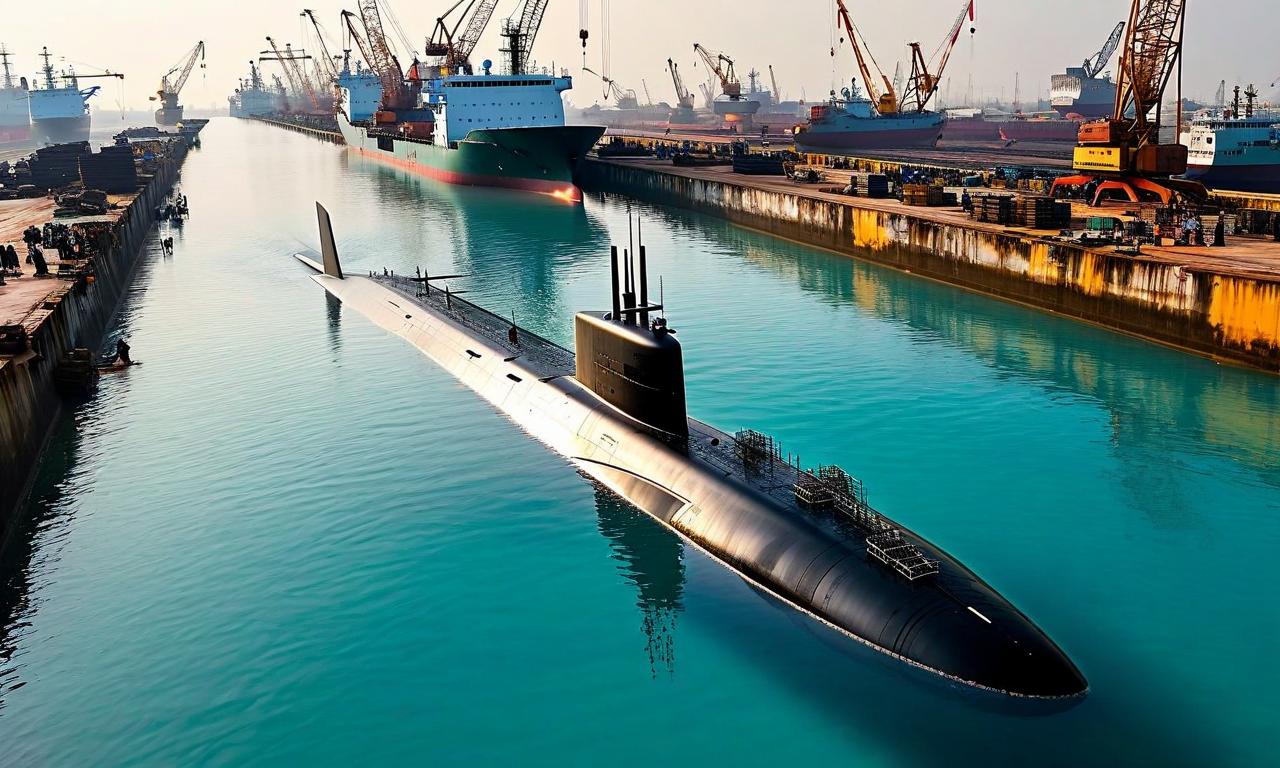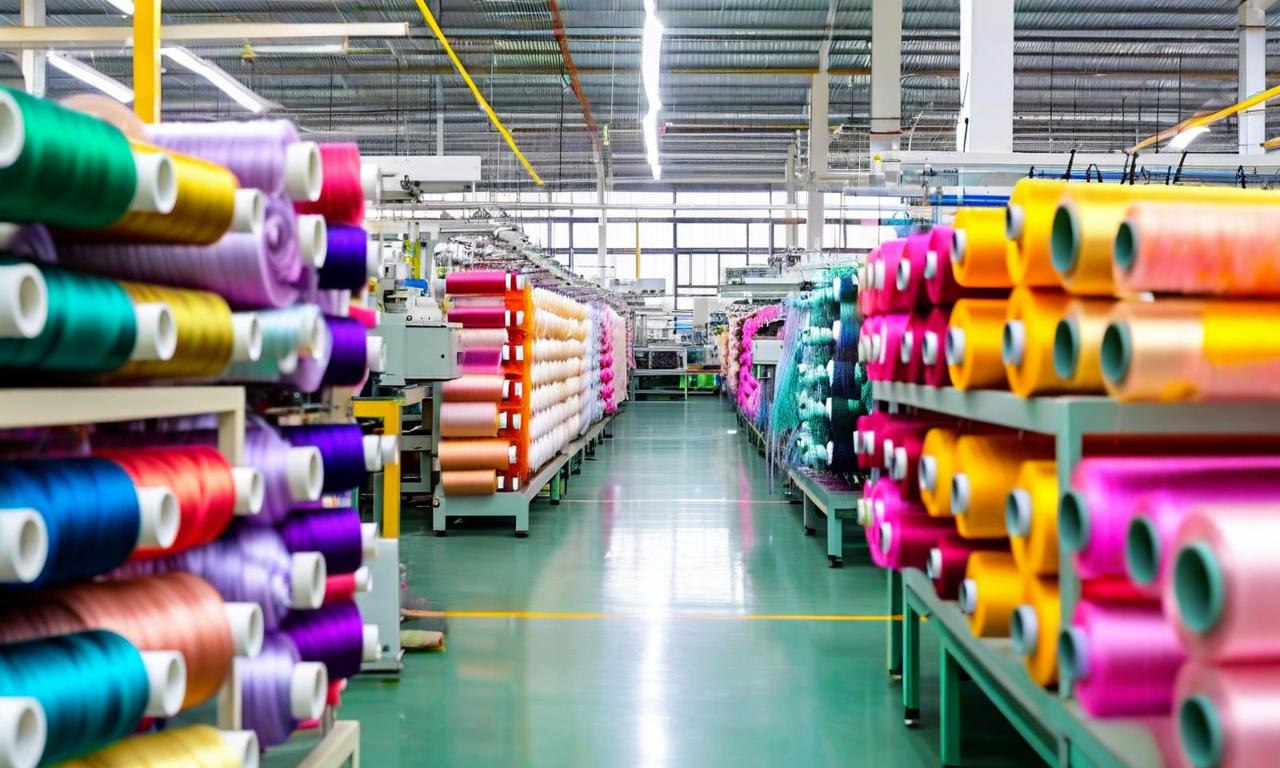India Extends Export Obligation Period for Chemical Products Amid US Tariff Concerns
The Indian government has extended the export obligation period for chemical products under mandatory quality control orders from 6 to 18 months. This change, announced by the Directorate General of Foreign Trade (DGFT), aligns with the Handbook of Procedures norms and applies to all advance authorisation holders. The extension comes as the chemical sector faces potential challenges in the international market, including new 50% tariffs imposed by the United States on Indian goods.

*this image is generated using AI for illustrative purposes only.
In a significant move for the chemicals sector, the Indian government has extended the export obligation period for chemical products subject to mandatory quality control orders under the advance authorisation scheme. The Directorate General of Foreign Trade (DGFT) announced that the period has been increased from 6 months to 18 months, aligning with the norms outlined in the Handbook of Procedures.
Extended Timeline for Exporters
The extension of the export obligation period from 6 to 18 months provides chemical exporters with a longer timeframe to fulfill their commitments. This change applies to all advance authorisation holders, offering more flexibility in meeting export requirements for products under mandatory quality control orders.
Implications for the Chemical Industry
This policy adjustment comes at a crucial time for the Indian chemical sector, which is facing potential challenges in the international market. The extension is expected to provide some relief to exporters who may need additional time to navigate current market conditions and meet their obligations.
US Tariff Impact on Indian Exports
The announcement coincides with recent developments in US-India trade relations. The United States has imposed 50% tariffs on Indian goods, a move that is expected to have significant implications for various sectors, including chemicals.
Industry Concerns
Exporters in the chemical industry have expressed concerns about the potential impact of these new US tariffs. The sector anticipates being particularly affected by these duties, which could influence export volumes and competitiveness in the US market.
Government's Proactive Approach
The extension of the export obligation period can be seen as a proactive measure by the Indian government to support the chemical industry in light of these international trade challenges. By providing more time for exporters to fulfill their obligations, the government aims to mitigate some of the potential negative impacts of the US tariffs and maintain the sector's export momentum.
Looking Ahead
As the chemical industry adapts to these changes, both in domestic policy and international trade dynamics, stakeholders will be closely monitoring the effects on export performance and overall sector growth. The extended export obligation period offers a buffer for companies to strategize and potentially explore alternative markets while navigating the evolving global trade landscape.
























